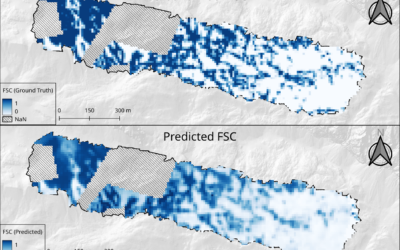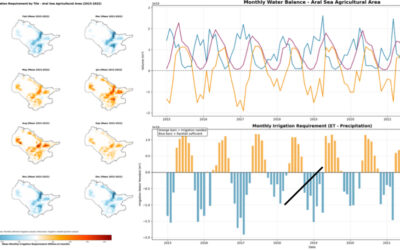The exhibition “CIVILIZATION- How we live today” is currently on show at the Kunsthalle München. The exhibition follows the visible traces of humanity around the globe from the perspective of over 100 internationally renowned photographers – https://www.kunsthalle-muc.de/ .
Hannes Taubenböck was invited to give a lecture as part of the exhibition. He gave a lecture entitled: “Diagnose »homo sapiens« – Was sehen Erdbeobachtungssatelliten und wie kann das der Menschheit helfen?” (engl.: Diagnosis “homo sapiens” –What do earth observation satellites see and how can this help mankind?): https://www.tum.de/aktuelles/alle-meldungen/pressemitteilungen/details/diagnose-homo-sapiens-vortrag-zur-ausstellung-civilization
In his lecture, he showed how satellites make the invisible visible. They help us to measure trace gases and temperatures, detect unevenness on the ground with millimetre precision from space and reveal long-term trends and changes in our environment. Hannes Taubenböck introduced the fascinating topic of earth observation and with the use of beautiful and informative images showed what this technology can do and how it can be used to our benefit.









